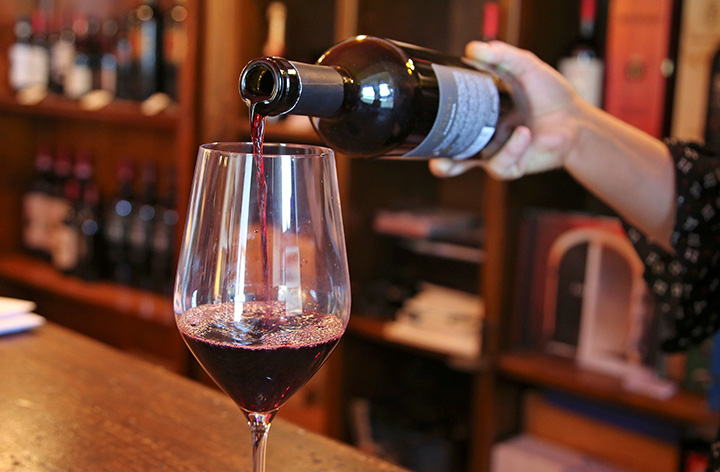Australia has complained at the World Trade Organization about Canada’s rules on wine sales, expanding a similar U.S. complaint against one Canadian region.

In October, Washington accused the Canadian province of British Columbia of giving an unfair advantage to local vineyards by giving their wine an exclusive retail channel in grocery store shelves and cutting out U.S. competition.
Australia’s complaint, published by the WTO on Tuesday, expanded the U.S. argument, saying that not only British Columbia but also Ontario, Quebec and Nova Scotia, as well as the Canadian government, had policies on wine that broke WTO rules.
READ MORE: Wine glasses nearly double the size than in the ’90s — and it may be causing you to drink more
“It appears that a range of distribution, licensing and sales measures such as product mark-ups, market access and listing policies, as well as duties and taxes on wine applied at the federal and provincial level may discriminate, either directly or indirectly, against imported wine,” Australia said in its complaint.
The dispute is the first brought by Australia against Canada in the history of the WTO, and follows a rise in trade tension between Canada and the United States.
WATCH ABOVE: What’s so special about Australian wine?

Get daily National news
The North American neighbours are tussling over the future of the NAFTA trade agreement they share with Mexico, and last week Canada launched a launched a surprise attack on U.S. trade policy, initiating a wide-ranging WTO complaint that Washington said played into China’s hands.
Australia has seen exports of bottled wine to Canada almost halve between 2007 and 2016, from $224 million to $119 million, although sales to Britain and the United States, once its top export markets, have fallen by even more.
Despite a growth in sales to China, now the top export destination, and to Hong Kong, Australian wine sales overall fell from $2.5 billion in 2007 to $1.7 billion in 2016.
Under WTO rules, Canada has 60 days to settle the dispute with Australia. After that, Australia could ask the WTO to adjudicate, with a view to forcing Canada to change its laws or risk trade sanctions.








Comments